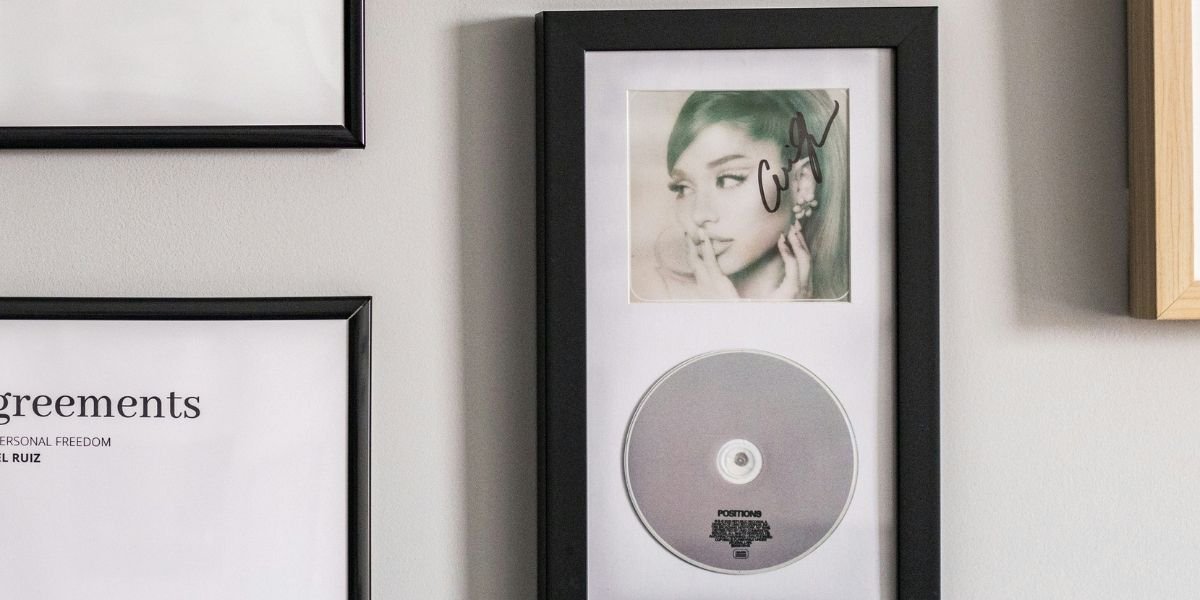A back up singer plays a crucial yet often underappreciated role in the music industry. While the lead singer takes center stage, it’s the backup singers who add depth, harmony, and richness to a performance. They support the primary vocals, either by harmonizing, creating vocal layers, or providing additional emotional depth to the song.
In live performances, back up singers are essential to maintaining vocal balance, ensuring that the audience hears a full and rounded sound. In studio recordings, they create the layers of sound that transform a track from good to great. Without them, many popular songs would feel empty, lacking the fullness that makes them unforgettable.
How Do Back Up Singers Contribute to the Sound?
Back up singers are often the key to giving a song its unique feel. They don’t just repeat the lyrics—they add something special. They harmonize, complementing the lead vocalist’s tone, and sometimes create dramatic shifts in the energy of a song. When done right, their vocal additions can take a song from good to iconic.
For example, think of the backup singers on hits like “Lean on Me” by Bill Withers or “Ain’t No Mountain High Enough” by Marvin Gaye and Tammi Terrell. The harmonies they bring elevate the emotional intensity of the track, adding a layer of support that brings the lyrics to life in a new way.
What Skills Do You Need to Be a Back Up Singer?
Becoming a back up singer requires a specific set of skills that go beyond just being able to sing. First, you need strong vocal technique. Backup singers must have exceptional pitch control and be able to blend seamlessly with the lead singer’s voice.
In addition to vocal skills, they also need the ability to work as a team. Back up singers have to be attuned to the nuances of the lead vocalist’s performance. They must stay in sync with the rhythm and delivery of the song, and be ready to adapt to changes on the fly. It’s a supportive role that requires precision and the ability to think on your feet.
Many back up singers are multi-talented. They may be required to dance, perform choreographed routines, or even interact with the audience, depending on the nature of the performance. This versatility is what makes the role of the back up singer so dynamic.
How Has the Role of Back Up Singers Evolved?
While the role of a back up singer has always been important, it has evolved significantly over time. In earlier eras, back up singers were often relegated to the background, hidden from the spotlight and working behind the scenes. They were typically part of a vocal group or choir, and their individual contributions were often overlooked.
As the music industry has evolved, so too has the role of backup singers. They are no longer just anonymous voices in the background. Many famous back up singers, such as Merry Clayton or Cissy Houston, have gone on to have successful solo careers themselves. The rise of the “supergroup” and live performances that feature multiple vocalists has also allowed backup singers to take on more prominent roles.
Today, back up singers are recognized for their unique sound and vocal abilities. They’re often given solo moments in performances, and some even have their own careers as recording artists. This shift has elevated their status within the industry and given them more creative freedom.
Who Are Some Famous Back Up Singers Who Made It Big?

Photo Credit: Unsplash.com
Throughout history, many back up singers have made significant impacts on the music industry, eventually stepping into the spotlight with their own successful careers. Some of these talented individuals include:
-
Merry Clayton: Known for her powerful backing vocals on The Rolling Stones’ “Gimme Shelter,” Clayton’s voice became iconic in her own right, leading her to a successful solo career.
-
Cissy Houston: The mother of Whitney Houston, Cissy Houston is known for her impeccable vocal range and was a sought-after backing vocalist for many famous artists before stepping out as a solo artist.
-
Darlene Love: A member of the famous group The Blossoms, Love’s backup vocals were heard on tracks by artists like Elvis Presley and Frank Sinatra. She also had a successful solo career.
These individuals show how a back up singer can transition from being a behind-the-scenes contributor to a major figure in the industry.
What Challenges Do Back Up Singers Face?
Though their contributions are vital, back up singers face several challenges. For one, the job can often be thankless. They’re not the ones getting the headlines or the big paycheck, and they often don’t receive the recognition they deserve for their hard work.
The career of a backup singer is often less stable than that of the lead singer. They may be employed for a specific tour or album, but once the project ends, they may have to look for another opportunity. It can be a tough career, requiring a lot of hustle, networking, and persistence.
Back up singers must deal with the pressure of always being in the shadow of the lead singer. Though they play a crucial role, they rarely get the spotlight. It can be a humbling experience, but many back up singers thrive in this environment, finding joy in their ability to support and elevate others’ performances.
Why Are Back Up Singers So Essential to Live Performances?
Live performances would be much less dynamic without the presence of back up singers. They provide depth and dimension, especially in large concert settings where the sound needs to be fuller. Without them, the music would feel thinner, lacking the vocal richness that defines many live shows.
In many performances, back up singers also contribute to the visual aspect of the show. Their synchronized movements and vocal choreography enhance the audience’s experience, making the performance feel more polished and engaging. They are often the energy that connects the lead singer with the crowd, giving the performance an added layer of excitement and cohesion.








